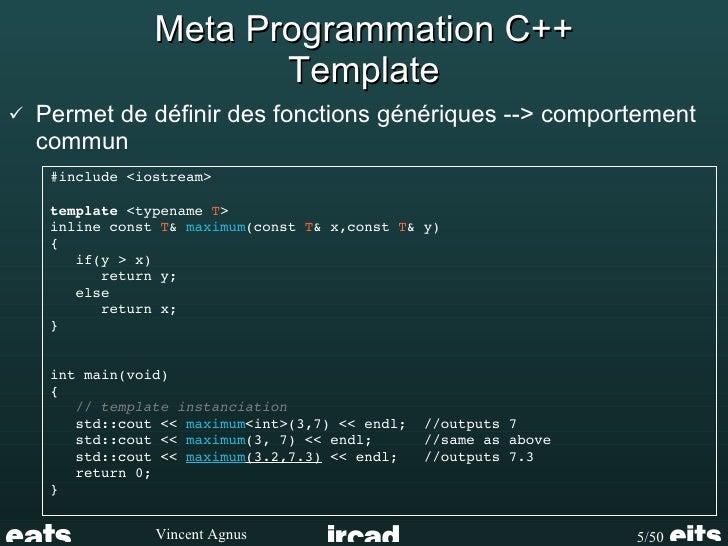Include String Dev C++
- C++ Basics
Include files can be 'nested': An #include directive can appear in a file that's named by another #include directive. For example, file2 could include file3. In this case, file1 would still be the parent of file2, but it would be the 'grandparent' of file3. C provides following two types of string representations − The C-style character string. The string class type introduced with Standard C. The C-Style Character String. The C-style character string originated within the C language and continues to be supported within C. Apr 29, 2010 I am using latest version of dev-c and i am trying to do an if with strings. So here's my code, i keep getting errors on the if line.
- C++ Object Oriented
- C++ Advanced
- C++ Useful Resources

- Selected Reading
C++ provides following two types of string representations −
- The C-style character string.
- The string class type introduced with Standard C++.
The C-Style Character String
The C-style character string originated within the C language and continues to be supported within C++. This string is actually a one-dimensional array of characters which is terminated by a null character '0'. Thus a null-terminated string contains the characters that comprise the string followed by a null.
The following declaration and initialization create a string consisting of the word 'Hello'. To hold the null character at the end of the array, the size of the character array containing the string is one more than the number of characters in the word 'Hello.'
C++ String Include Statement
If you follow the rule of array initialization, then you can write the above statement as follows −
Following is the memory presentation of above defined string in C/C++ −
Actually, you do not place the null character at the end of a string constant. The C++ compiler automatically places the '0' at the end of the string when it initializes the array. Let us try to print above-mentioned string −
When the above code is compiled and executed, it produces the following result −
C++ supports a wide range of functions that manipulate null-terminated strings −
Dev C++ Include String
| Sr.No | Function & Purpose |
|---|---|
| 1 | strcpy(s1, s2); Copies string s2 into string s1. |
| 2 | strcat(s1, s2); Concatenates string s2 onto the end of string s1. |
| 3 | strlen(s1); Returns the length of string s1. |
| 4 | strcmp(s1, s2); Returns 0 if s1 and s2 are the same; less than 0 if s1<s2; greater than 0 if s1>s2. |
| 5 | strchr(s1, ch); Returns a pointer to the first occurrence of character ch in string s1. |
| 6 | strstr(s1, s2); Returns a pointer to the first occurrence of string s2 in string s1. |
Following example makes use of few of the above-mentioned functions −
When the above code is compiled and executed, it produces result something as follows −
The String Class in C++
The standard C++ library provides a string class type that supports all the operations mentioned above, additionally much more functionality. Let us check the following example −
When the above code is compiled and executed, it produces result something as follows −